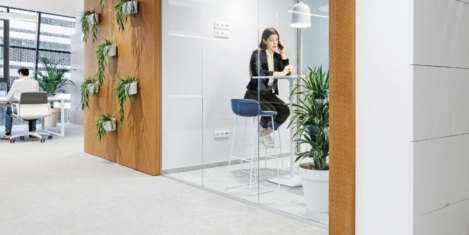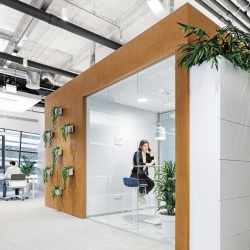December 13, 2022
Hybrid working not always well supported by current tech infrastructure
 Almost two thirds (63 percent) of IT directors are not very confident in their IT estate’s ability to fully support hybrid working, but over seven-in ten (71 percent) of organisations are not placing IT investment at the top of the priority list. These are among the findings from a new poll undertaken by Apogee Corporation. Due to limitations with the current IT setup, 89 percent of respondents identify that it is preventing effective collaboration, with almost half (48 percent) admitting that remote staff don’t have access to the same solutions as office workers. (more…)
Almost two thirds (63 percent) of IT directors are not very confident in their IT estate’s ability to fully support hybrid working, but over seven-in ten (71 percent) of organisations are not placing IT investment at the top of the priority list. These are among the findings from a new poll undertaken by Apogee Corporation. Due to limitations with the current IT setup, 89 percent of respondents identify that it is preventing effective collaboration, with almost half (48 percent) admitting that remote staff don’t have access to the same solutions as office workers. (more…)




































